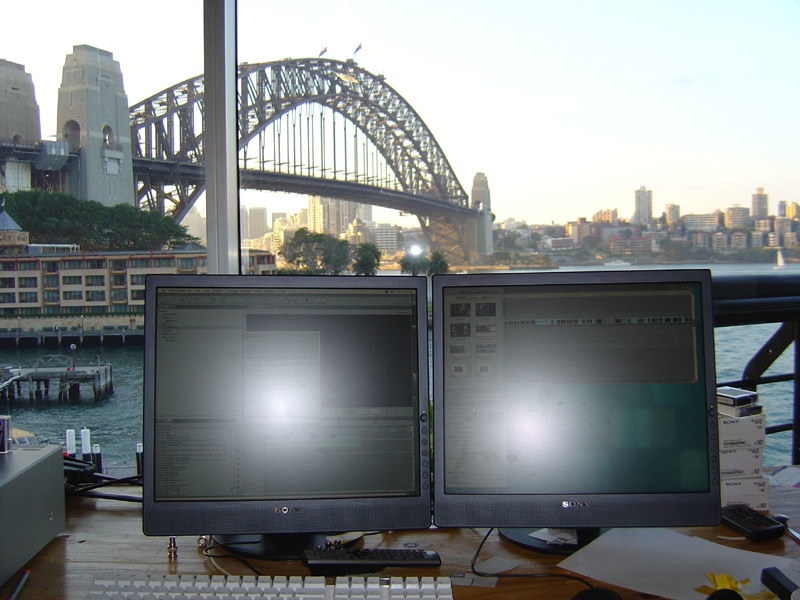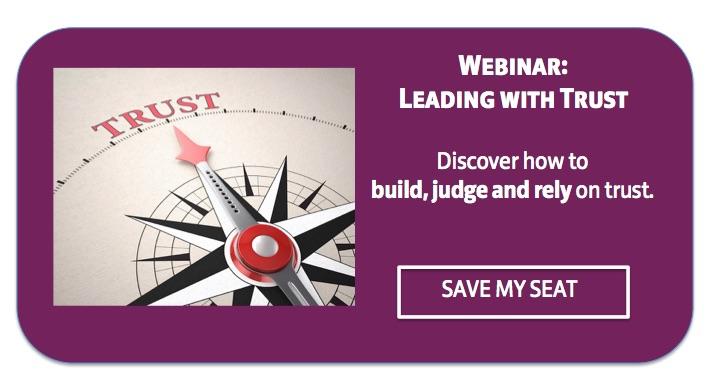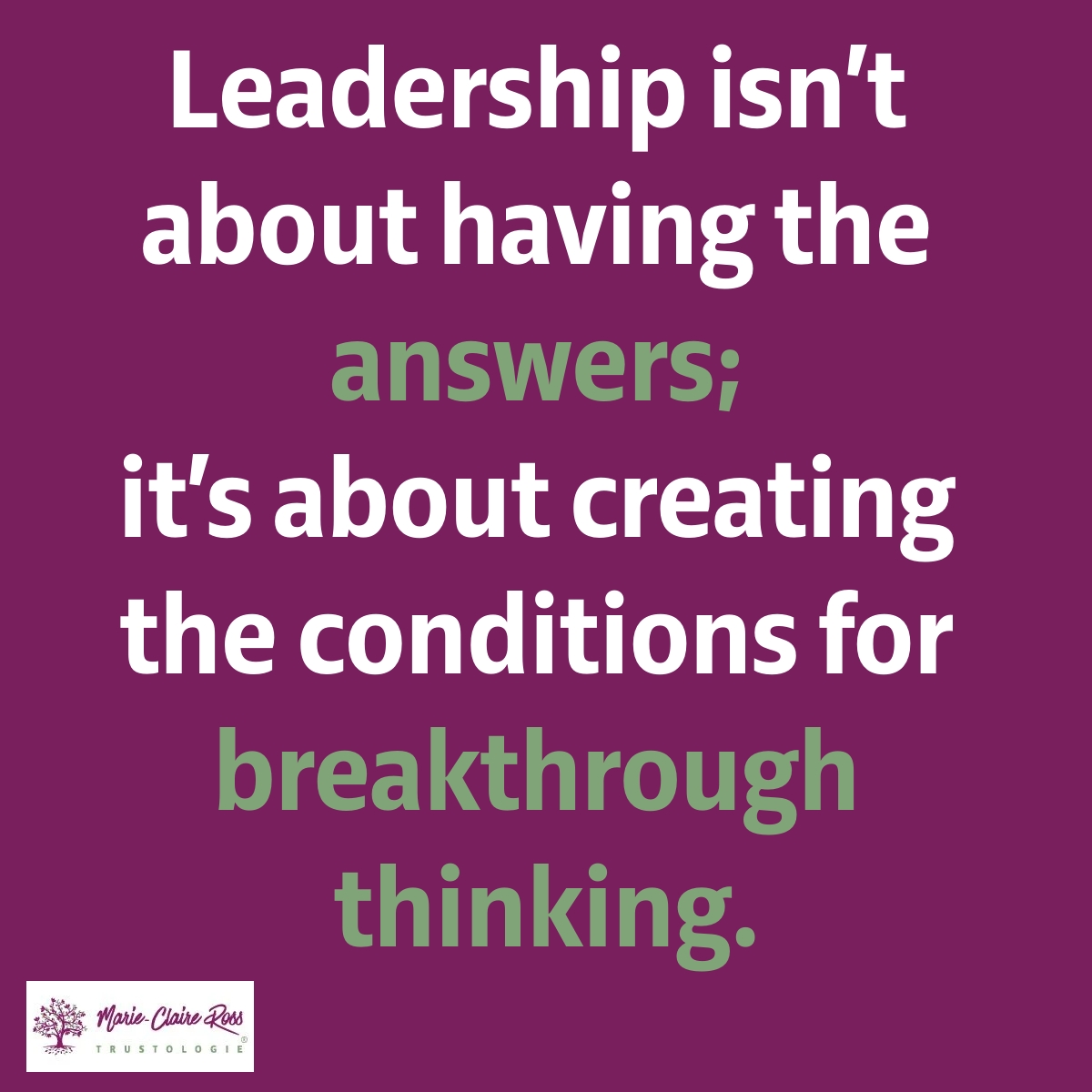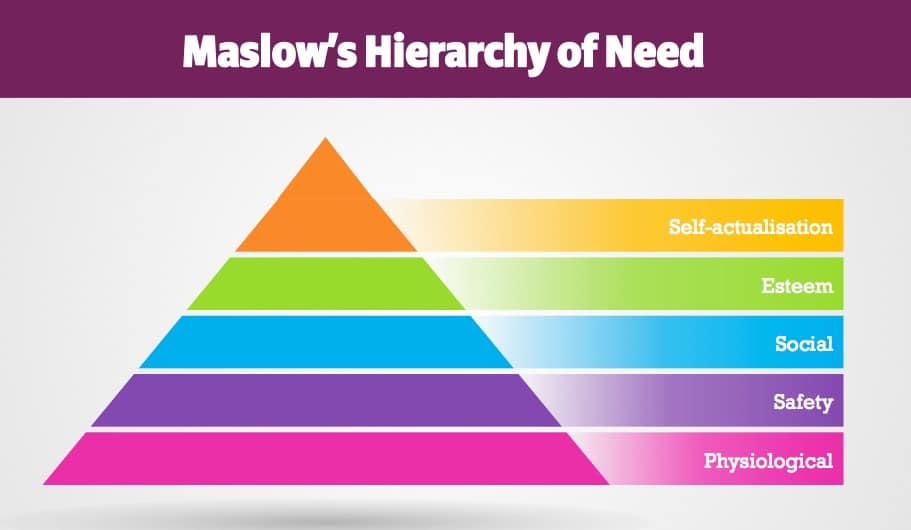8 min read
Beyond the "Why": 5 Coaching Secrets to Unlock Curiosity in Leadership
When my daughter was 17 months old, she discovered a superpower: the word “Why?”For the next two years, it was her response to almost everything.
Develop leaders, strengthen executive teams and gain deep insights with assessments designed to accelerate trust and performance.

Transform how your leaders think and perform with keynotes that spark connection, trust and high-performance cultures.

Explore practical tools, thought-leadership and resources to help you build trusted, high-performing teams.

Trustologie® is a leadership development consultancy founded by Marie-Claire Ross, specialising in helping executives and managers build high-trust, high-performing teams.

7 min read
Marie-Claire Ross : Updated on October 7, 2020

One of my darkest times as an entrepreneur was winning the contract to undertake all of the audiovisual requirements at Fashion Week. It involved filming and editing 57 fashion shows in 4 days and creating a dedicated television network to play constantly updating fashion shows. With 18 staff and 30 volunteers, we were massively under-resourced, working 15 hour days with barely a break. We had naively (or stupidly) trusted our client that we didn’t need more resources to film and edit 15 fashion shows a day across Sydney (because they had no more budget).
But when I look back at when the first warning signs first appeared that the job was going to be the worst in my life (despite having the best office view ever), it was when my husband (business partner) and I were walking along Sydney Harbour with an AV guy who had been recommended to us by a CEO of a successful event company. We offered him the job to do all of the cabling and installation work with his contracting friends.
Due to quiet desperation, we thought we needed him and his contacts because as a Melbourne based company, our connections in Sydney were pretty slim. Yet, despite his friendly demeanour, he said something that struck me as strange at the time and a foreboding omen he wasn’t what he seemed. The words were “You seem like good people. I trust you to pay my bill without getting a deposit from you.” Slightly shocked by his remark, I offered to pay a deposit like we did with all of our contractors, but he said he was happy to wait until the end of the project. For years, I blamed myself for not picking up at that moment that his tiny remark, like the flap of a butterfly wing, was destined to cause unbelievable chaos and pain.
In the end, he didn’t trust us. Rumours were flying among other suppliers at Fashion Week that it was always difficult to get paid and then we had made a critical error when one of our production crews missed the start of a show during the relentless schedule (let’s just say that the verbal abuse from one particularly self-absorbed fashion designer was enough of a punishment, I still can’t even bring myself to buy any of his clothes). Feeling anxious and uncertain, our cabling guy sneaked off to see a lawyer during Fashion Week and then came back and announced that he and his friends were on strike until we paid a deposit.
Five weeks from giving birth to my first child, I shocked myself with my reserves of strength and energy to pay them quickly (during shows) and then command him and his cohorts to get back to work. The same courage returned when I found him physically assaulting my husband at the end of the show. Weeks later after the show had finished and with a newborn, we were receiving threats from him and one of his colleagues that he would come to Melbourne and break into our house. By then, after almost losing our baby due to a rare foetal haemorrhage, I barely had the strength to care.
Most of you probably don’t have such an extreme work experience where your decision to trust created such a horrific and toxic work environment. All it took was one vengeful contractor that tried to convince 18 contractors and employees that we wouldn’t pay them, to really test my leadership skills. As an entrepreneur the decision to trust affects who you hire, your suppliers, the clients you work with and even what we will endure with friends and family. It takes a while to get it right. But when I look back, that awful experience changed how I managed and led our organisation completely. I learnt to put boundaries on client demands and only work with companies that pay on time. I also learnt to not trust anyone, who mentioned the word “trust” at the start of a relationship. And I’d like to say I started hiring people that fitted our culture, but that took a few more years, of trial and plenty of errors.
No one teaches you how to make the decision to trust others or how to build trust at business school. In fact, no school. We tend to go with a gut feel and gravitate to people who are like us or recommended by people we trust. Yet, being more strategic in who to trust, minimises risk and maximises possibilities. If we don’t deeply understand trust, we may also fail to grasp why someone is wary of giving us their trust or we might trust someone we shouldn’t.
Whether we’re looking at politicians, the financial system or our boss, we often fail to conduct our due diligence to gauge trustworthiness. We don’t see the warning signs from those who are low in trust who are the most likely to hurt and betray us. We use a limited schema to judge trust and then get shocked at betrayal.
Currently, we live in a time when trust in business and in Government is pretty low the world over. According to the Edelman Trust Barometer, Australians trust business at 52% versus 45% for Government. In particular, trust in business is lowest among the general public (48%) versus the informed public (or highly educated public at 65%). In other words, if you’re in an executive or management position there is a trust disconnect in trust levels between you and other levels in an organisation.
In a low-trust environment, the majority of people will instantly distrust and misunderstand messages from business or political leaders. It doesn’t matter how careful or precise you are with your language, as people will tend to misinterpret your motive and assume negative intent.
That’s why fear campaigns work beautifully with people who are low in trust and suspicious. Particularly, when a leader or party has not acted consistently in the past or they’re new to the environment. Take the recent Brexit result, or even the Australian election that both had false claims made by the opposing parties that resulted in people being manipulated into believing blatant untruths.
While it’s easy to blame the untrustworthy, we also need to look in the mirror. After all, we cannot expect those who are untrustworthy to reform. It starts with us exhibiting the right trust behaviours and by withholding our trust from those who don’t deserve it. As Dr Richard Hurley says in the book, The Decision to Trust:
“If trustors make better decisions to trust and withhold commitment from untrustworthy agents, Darwinian selection – become fit (trustworthy) or die – will take hold.”
The most powerful place to start improving trustworthiness is with our business and community leaders. Across the world, the political system is broken and it will possibly take decades to mend. Lies, corruption, physical and verbal attacks have become the norm. Despite the public being fed up with the childish and self-interested behaviour of politicians, nothings changes. And how can it when so many of us, gullibly believe lies and are so quick to judge others and form silos with an “us v. them” mentality?
“As long as depend on imperfect people, we must also accept that they will sometimes betray our trust.”
Fred Luskin, Stanford University
Thankfully, the only place trust is slowly improving is in business. Global CEOs recognise that the only way to improve their brand reputation is through increasing trust. We live in a world with escalating public scrutiny and increasing connectivity. Social media enables the public to call out businesses that are not transparent and honest. While the disconnect between front line employees and management means that leaders need the communication skills to bridge the trust gap within their own workforce.
According to the Edelman Trust Barometer, 80% of the general public expect that businesses can both increase profits and improve economic and social conditions in the communities in which they operate. In fact, 59% believe that businesses produce economic growth, followed by 45% contributes to the greater good and 40% allows me to be a productive member of society.
Few trust Governments to improve jobs or economic growth – we trust businesses.
Across the world, we are seeing wonderful, purpose-driven organisations that are led by highly trusted CEOs. These companies rate as some of the most profitable and rank highly on the best places to work lists. High-profile leaders such as Richard Branson from Virgin, Paul Polman from Unilever, Tony Hsieh from Zappos, Warren Buffet from Berkshire Hathaway and Mark Zuckerberg from Facebook run high trust organisations. Their leadership not only improves the well-being of their own workforce, but their highly engaged employees also learn to trust more. This creates a ripple effect among their friends and family who also learn to trust rather than bully and betray. Over time, such leaders start to increase trust levels within society.
In a high-trust organisation, you will find leaders who are trustworthy and who have a concept of what it means to act with trust. They also expect this behaviour from others, ensuring that trust cascades throughout the organisation. Over time, it eventually becomes embedded within the company ensuring employees are more resilient to change and confident about the organisation’s future.
The good news is that trust has never been so precious and valuable. The world needs high trust leaders that can bring disparate groups together and create unity with everyone – not just those with the same religious beliefs, gender, skin colour or sexual orientation. Leaders with a good grasp of trust – who know how to judge it, build it and rely on it – have an enormous competitive edge.
With global competition, rapidly changing markets and competitive dynamics, there is greater situational risk and uncertainty for most people and organisations today. When there is uncertainty, it really is a test of leadership. Employees want leaders they can trust. Leaders who demonstrate that they care about them, who can put others interests first and who keep their commitments. The reward is employees who are more productive, loyal and stay in their jobs longer.
While it might seem obvious to increase trust, the reality is many leaders struggle with consistently building trust throughout their organisations. Whether it’s because trust building hasn’t been fully embodied as part of their business agenda or perhaps because leaders haven’t been taught the right competencies. It’s naive to believe that just saying “You can trust me” or “We need to talk about trust issues” is enough. Most adults have realised that the only way to truly trust a person is by their actions, not their words. On the opposite side, those who say they trust you early in a relationship, tend to be more likely to be low in trust, tending towards cynicism and victimisation. Leaders need to spend dedicated time and effort to increase their trust.
Having a rigorous decision process to trust others, starts to make those who are untrustworthy more accountable. As Dr Richard Hurley says, when everyone in the social system takes responsibility for understanding ethical and moral decision making, but also the decision to trust, it disciplines a system to withdraw resources and support from less trustworthy people. We no longer have to put up with their antics and can break the cycle of trust and betray. One of the reasons we are living in a low-trust world is that we tolerate low trust behaviours. For many of us, our default position to automatically distrust others and to lapse into suspicion, paranoia and outright hatred (particularly if we see the alleged untrustworthy as different to us in any way). Without realising it, our own reaction to a lack of trust flames the fans for further untrustworthy behaviour.
Our ability to make reasonable and strategic perceptions of trust ensures our lives are less problematic and that we surround ourselves with people who want the best for us. I’ve spent almost two-thirds of my life trusting people that I now realised bordered on being extremely low in emotional intelligence, integrity and well, just plain sociopathic. Being able to discriminate between the trustworthy and untrustworthy makes life far more enriching and rewarding. Life becomes more joyful and empowering. We also become more compassionate humans.
But there is no magic panacea. Leading with trust is a life-long process and leaders who can increase their adaptability to building trust will lead the way to making the world a better place. Hopefully, one day, politicians might just follow.


8 min read
When my daughter was 17 months old, she discovered a superpower: the word “Why?”For the next two years, it was her response to almost everything.

11 min read
I have a friend who often finds herself at the mercy of her emotions. Recently, she called me to rehash a confrontation she’d had with a group of...

9 min read
True leadership presence isn’t a performance or a set of charisma hacks; it is the felt experience of who you are being in the room. By cultivating...

Why is that successful and well-managed companies struggle with change and disruptive innovation? Too often, what got companies to where they are...

One of the interesting things I find when it comes to safety is that some safety professionals (some, not all) like to play bad cop when it comes to...

The pace of change within most organisations is accelerating. It’s now commonplace for companies to be restructuring, changing their business model,...